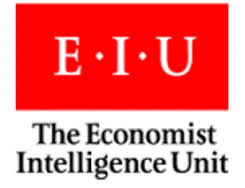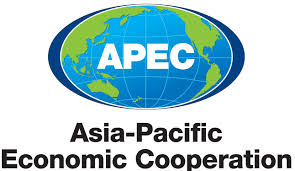“With a vibrant mix of cultures and a reputation as a culinary paradise, Medan, Indonesia is a must-see destination for many travelers in Southeast Asia. On the streets, residents of Indonesia’s fourth largest city mingle with tourists on their way to visit the diverse markets, malls, and local attractions. Like many major cities, congestion has become an increasingly acute problem in Medan. Although the issue has yet to dampen the spirit of locals and visitors, in improving transit, ITDP sees the opportunity to unlock Medan’s full economic and cultural potential. With support from the Asian Development Bank (ADB), ITDP Indonesia began an initiative to investigate the state of transport in the city and prepare recommendations for improvement. ITDP’s proposals, centered around improving non-motorized transport, will help guide this booming Southeast Asian city away from a car-dependent model and toward a pedestrian friendly city with accessible streets for all…”








